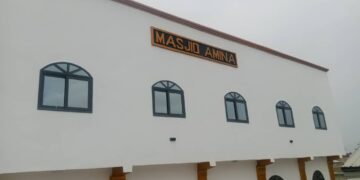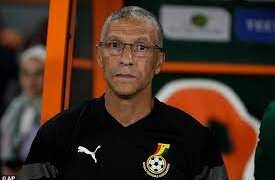Leaders of Weija-Djanman community in the Weija-Gbawe Municipality are appealing to authorities to urgently provide toilets and public educational facilities for their citizens.
The community leaders say the lack of such basic amenities hampers their development as it impedes their economic growth and worsens their sanitation situation.
Speaking to a monitoring team from Crime Check Foundation (CCF) under the OSIWA funded ‘Decriminalizing Vagrancy Laws and Advocacy’ project on 17th December 2021, the Head of the group of leaders (Asafoatse) for Weija-Djanman, Nii Amartey Wotsienkafom said lack of toilet and public basic schools are among the key developmental challenges which need to be addressed with urgency.
According to Nii Amartey, the lack of toilet facilities for the community poses a major health challenge as “residents shit inside a rubber or polyphone bag which they throw around”.
He said apart from the health risks they face, there is a constant threat of arrests, fines, and imprisonment because they engage in open defecation.
On the lack of public educational facilities, the Asafoatse noted ’parents are compelled to send their children to public schools far from Djanman since the majority of them are poor and cannot afford the fees of private schools that are nearby’.
He added that as a result of the situation, many children hesitate to go to school due to the distance they have to travel. He was worried that if immediate steps are not taken to address the challenge, residents of the community will be pushed into further cycle of poverty.
The community leader, therefore, called on the Weija-Gbawe Municipal Assembly and private partners to intervene in addressing the toilet problem and educational needs of the community.
He assured the Assembly and all potential partners of available lands to undertake the projects.
About OSIWA: The Open Society Initiative for West Africa (OSIWA), established in 2000, is a grant-making and advocacy organization focused on equality, justice, democratic governance, human rights, and knowledge generation. It is part of the global network of Open Society Foundations spread across 37 countries around the world. He said the Assemblies outrageously fine these vagrants for committing petty offences.
By Cosmos Akorli





























